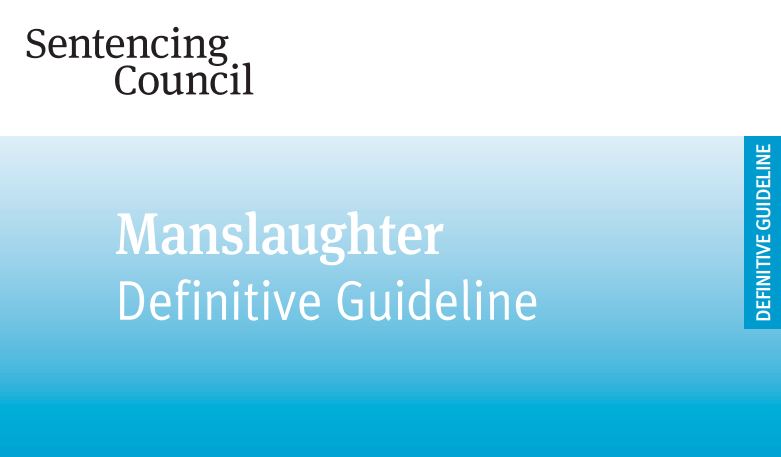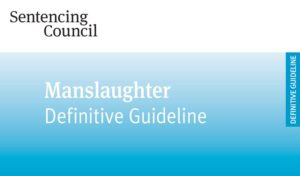It is a nightmare scenario that potentially any parent could face. A child returns home, late at night, in an agitated state.
He hurriedly tells you that he has been in a fight, it wasn’t his fault, but someone has been hurt, badly. Further details are not forthcoming, but he thinks the police will be coming to arrest him. Thinking fast, and in order to protect your child, you take his clothes and put them in the wash.
Before you can even think of assembling an alibi for him, the police have kicked down the door and found your son cowering in his bedroom. He is naked, and there are no clothes in sight.
The experienced officer knows just what to do, rushing through to the kitchen and unplugging the washing machine. It will later be taken away so that the contents, including the water, can be forensically tested.
Unsurprisingly your son is arrested, but what fate awaits you?
Assisting an offender or perverting the course of justice
How this story ends depends on precisely what the police discover, but it is often proved that a terrified parent has acted to protect their child.
The act of putting those clothes in the washing machine or providing a false alibi amount to attempts to pervert the course of justice.
In other scenarios family or friends might provide some safe harbour for a person fleeing the police. Again, this is a serious criminal offence if done knowingly.
If convicted a prison sentence will inevitably follow, and another life will be shattered. An example of such a case of assisting an offender can be found here.
We will investigate any potential defence for you
In some cases, there might be a viable defence. You can be assured that we will find one if it exists. In other cases, the task is to mitigate by telling the story from the parental perspective. What do you think you would do in this scenario? Or more to the point what would you do if it became a reality?
We might not like to think so, but any one of us could be caught up in a nightmare like this.
All manner of people can find themselves caught up in the justice system. We don’t see criminals, we see people, with their own unique set of circumstances.
Contact a solicitor who is a criminal law specialist
If you are arrested or know that the police wish to speak to you about any offending arising our of a criminal investigation such as assisting an offender or perverting the course of justice then make sure you insist on your right to free and independent legal advice. As you can see, the courts will always take such offences seriously upon conviction.
The advantages of such early advice legal advice can be found here.
If you have already been interviewed or face court proceedings we can still make a real difference to the outcome of your case.
Legal aid may well be available to fund your defence at court.
We have offices across the East Midlands and will happily travel across the country to provide representation for all football related offences.

Alternatively you can contact us using the form below.








